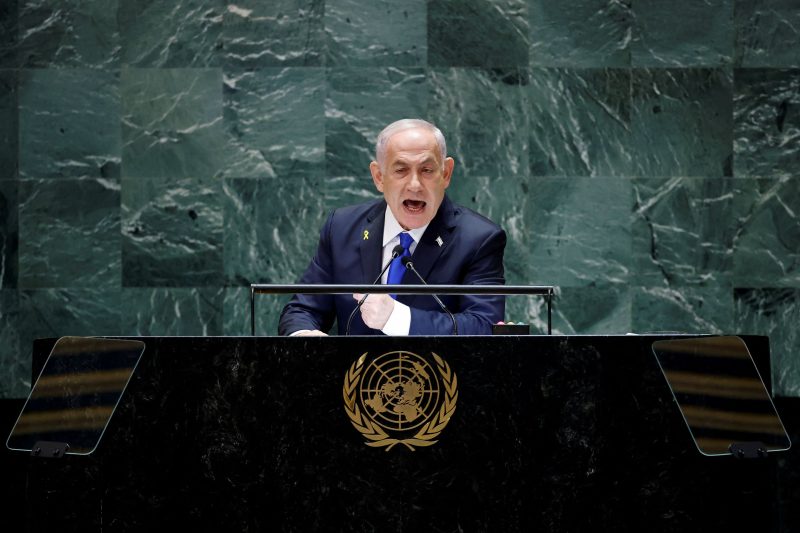Israeli Prime Minister Benjamin Netanyahu’s recent defiance against the U.S.-backed cease-fire plan has once again escalated tensions in the volatile Middle East region. Despite pressure from the international community to halt military activities against Hezbollah, Netanyahu remains resolute in his commitment to continue the war against the Lebanese militant group.
The ongoing conflict between Israel and Hezbollah is rooted in decades of animosity, territorial disputes, and conflicting ideologies. Netanyahu’s staunch stance against Hezbollah can be seen as a strategic move to assert Israel’s security interests and deter threats emanating from its northern neighbor. With Hezbollah enjoying significant support from Iran and Syria, Israel perceives the group as a key destabilizing force in the region.
Netanyahu’s defiance of the cease-fire plan not only risks further escalation of the conflict but also strains Israel’s relations with its traditional ally, the United States. The U.S. has been a long-standing supporter of Israel’s security concerns but also advocates for diplomatic solutions to regional crises. Netanyahu’s deviation from the U.S.-supported plan puts strains on this relationship and complicates international efforts to broker peace in the region.
The escalating conflict between Israel and Hezbollah raises concerns about the potential humanitarian crisis in Lebanon and the security implications for the broader Middle East. As the conflict intensifies, civilian casualties, displacement, and infrastructural damage are likely to mount, further exacerbating the already dire situation in the region.
Netanyahu’s determination to continue the war against Hezbollah reflects Israel’s unwavering commitment to its national security and sovereignty. However, the prolonged conflict also underscores the complexities and challenges of achieving a lasting peace in the Middle East. As the international community grapples with the repercussions of Netanyahu’s defiance, diplomatic efforts to de-escalate the conflict and address the root causes of tensions become more urgent than ever.
In conclusion, Netanyahu’s vow to persist in the war against Hezbollah despite the U.S.-backed cease-fire plan highlights the entrenched enmities and security concerns that continue to plague the Middle East. As the conflict escalates, the need for a coordinated international response to prevent further violence and facilitate a lasting peace becomes increasingly pressing. Only through dialogue, compromise, and cooperation can the region move towards a more stable and secure future for all its inhabitants.
